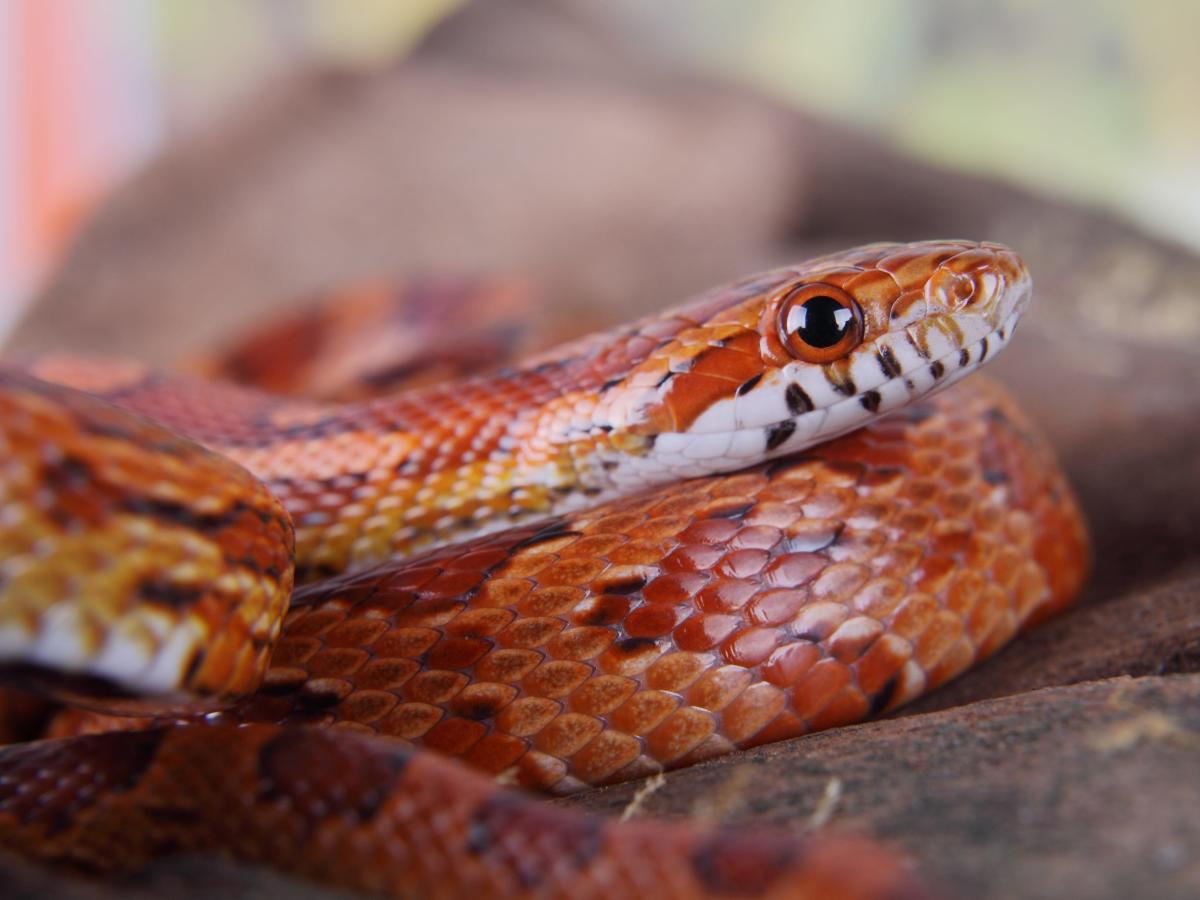Travel
Travel nightmare: Man caught smuggling over 100 live snakes in his pants

-
China’s Customs said it seized 104 snakes from a man traveling to mainland China on Tuesday.
-
The man tried to smuggle the snakes in his pants pockets.
-
It’s illegal to bring non-native species into China without permission.
A man tried to smuggle more than 100 live snakes to mainland China in his pants with just adhesive tape and canvas bags.
The country’s customs authority posted details about the incident on Tuesday in a post to Weibo, China’s version of X.
Officials said a male passenger entered mainland China through the Huanggang Port at Futian before officers intercepted him and conducted an inspection. Futian is in Shenzhen’s downtown core and sits on the China-Hong Kong border.
Officers discovered the man had worn six snake-infested canvas bags sealed with adhesive tape in his pants pockets. The bags had several species, including a milk snake, the western pig-nosed snake, and a corn snake. None of the snakes are venomous, but some are not native to China.
“After being opened, each bag was found to contain a number of live snakes of different colors and forms. After counting, there were a total of 104 snakes,” the post, translated to English, reads.
Footage shared by China’s customs showed the snakes, which tended to be small and thin in size.
China’s biosafety and quarantine laws prohibit the carrying or mailing of animals into the country and bar travelers from moving non-native species past border checkpoints without permission.
In its social media post, the customs authority said it may pursue legal action against those involved.
It is unclear where the snakes were headed for for what purpose.
China has a snake farming industry, that Business Insider has previously written about, which includes the Zisiqao village in the Zhejiang Province.
The province’s 160 families bred more than three million snakes annually for medicine and food, according to a 2013 Reuters report.
Read the original article on Business Insider










